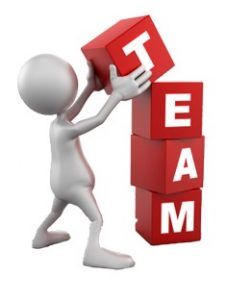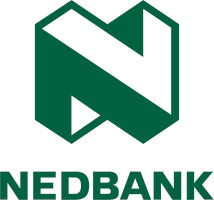For most of us, teamwork is a part of everyday life. Whether it’s at home, in the community, or at work, we are often expected to be a functional part of a performing team. Having a strong team will benefit any organisation and will lead to more successes than not.
The Teamwork And Team Building course will encourage you to explore the different aspects of a team, as well as ways in which you can become a top-notch team performer. You will be given the details and concepts of what makes up a team, and what factors into being a successful team and team member.
Course Objectives:
- Describe the concept of a team, and its factors for success
- Explain the four phases of the Tuckman team development model and define their characteristics
- List the three types of teams
- Describe actions to take as a leader – and as a follower for each of the four phases (Forming, Storming, Norming and Performing)
- Discuss the uses, benefits and disadvantages of various team-building activities
- Describe several team-building activities that you can use, and in what settings
- Follow strategies for setting and leading team meetings
- Detail problem-solving strategies using the Six Thinking Hats model — and one consensus-building approach to solving team problems
- List actions to do — and those to avoid — when encouraging teamwork
What is Covered:
- Module One: Getting Started
- Module Two: Defining Success
- Module Three: Types of Teams
- Module Four: The First Stage of Team Development – Forming
- Module Five: The Second Stage of Team Development – Storming
- Module Six: The Third Stage of Team Development – Norming
- Module Seven: The Fourth Stage of Team Development – Performing
- Module Eight: Team Building Activities
- Module Nine: Making the Most of Team Meetings
- Module Ten: Solving Problems as a Team
- Module Eleven: Encouraging Teamwork
- Module Twelve: Wrapping Up



